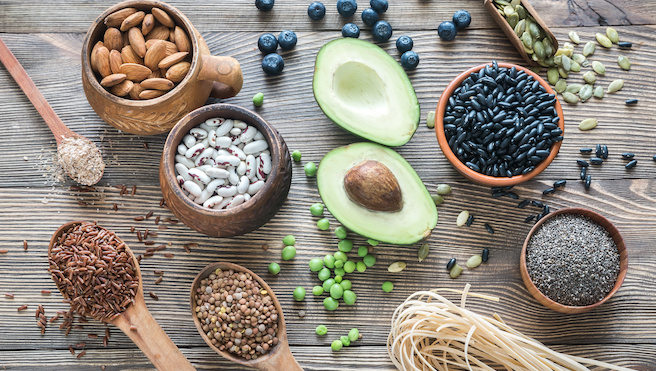
Consuming fiber could reduce stroke risk

A greater intake of dietary fiber could reduce the risk of stroke and improve poststroke survival.
In a study published in Stroke, investigators used dietary data and the incidence of stroke among more than 39,000 U.S. adults who participated in the 1999 to 2018 National Health and Nutrition Examination Survey.
The investigators found that the participants who consumed more fiber per day had a lower risk of experiencing stroke and a higher rate of poststroke survival compared with those who consumed less fiber. They identified a positive relationship between fiber intake and stroke outcomes.
The investigators hypothesized that the ability of fiber to manage cholesterol levels, inflammation, insulin sensitivity and the gut microbiome may explain their observations during the study. Despite the positive results, further studies may be needed to better understand the benefit of increasing fiber intake as a preventive measure.
Read more: Stroke
The article presented here is intended to inform you about the broader media perspective on dentistry, regardless of its alignment with the ADA's stance. It is important to note that publication of an article does not imply the ADA's endorsement, agreement, or promotion of its content.